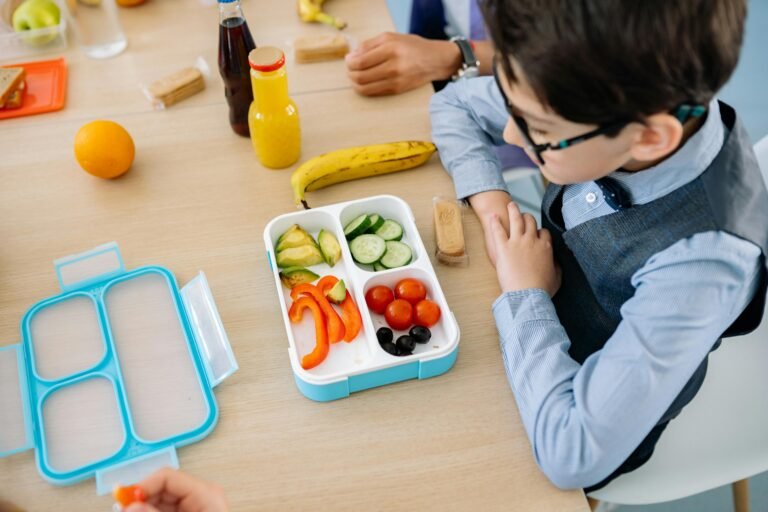Follow us and share.
Common Illnesses in Children: A Guide for Parents
Learn about the most common childhood illnesses, their symptoms, and treatments. Learn how to prevent respiratory infections, allergies, and digestive problems in childhood.

Introduction
Children are exposed to a variety of common illnesses that can affect their well-being and development. Although most of these conditions are mild and can be treated at home, it's critical for parents to know the symptoms, preventative measures, and when to see a doctor. In this guide, we explore some of the most common childhood illnesses and how to manage them effectively.
Respiratory Infections: Colds, Flu, and Bronchiolitis
Respiratory infections are very common in children due to their immature immune systems. Some of the most common include:
📌 Common cold:
- Caused by various viruses, it causes nasal congestion, cough and mild fever.
- It is relieved with rest, hydration, and fever control with medications recommended by the pediatrician.
📌 Flu:
- Caused by the influenza virus, it is usually more severe than a cold.
- It can cause high fever, muscle pain and general malaise.
- Annual vaccination is recommended to reduce the risk of complications.
📌 Bronchiolitis:
- Viral infection that affects the bronchi in babies under 2 years of age.
- It causes difficulty breathing, persistent coughing and wheezing.
- In severe cases, hospitalization and oxygen therapy are required.
Preventive measures:
- Frequent hand washing.
- Avoid contact with sick people.
- Keep spaces ventilated and clean.
Centers for Disease Control and Prevention (CDC) – Prevention of respiratory infections in children.
Common Childhood Allergies: Food and Seasonal
Allergies in children can manifest in a variety of ways and affect quality of life if not managed properly.
📌 Food allergies:
- The most allergenic foods include milk, eggs, peanuts, tree nuts, fish and shellfish.
- Symptoms can range from hives to severe breathing difficulty (anaphylaxis).
- The allergen should be avoided and an emergency plan should be in place in case of a severe reaction.
📌 Seasonal allergies:
- Caused by pollen, dust mites and mold.
- Symptoms include sneezing, itchy eyes, and nasal congestion.
- It is recommended to avoid exposure to allergens and the use of antihistamines under medical supervision.
Preventive measures:
- Identify and avoid the triggering allergen.
- Keep the house free of dust and moisture.
- Consult a pediatric allergy specialist.
American Academy of Allergy, Asthma & Immunology – Guide to allergies in children.
Digestive Problems: Diarrhea, Constipation and Food Intolerances
Digestive diseases are also common in children and can be caused by infections, intolerances, or dietary habits.
📌 Diarrhea:
- It can be caused by viruses (rotavirus), bacteria or food intolerances.
- It is characterized by frequent loose bowel movements, dehydration, and abdominal discomfort.
- It is essential to maintain adequate hydration and administer oral rehydration solutions.
📌 Constipation:
- It may be due to a low-fiber diet or voluntary retention of bowel movements.
- A diet rich in fruits, vegetables and water is recommended.
- In persistent cases, consult your pediatrician to rule out underlying problems.
📌 Food intolerances:
- The most common is lactose intolerance, which causes bloating, gas, and diarrhea after consuming dairy products.
- It can be managed by reducing dairy consumption or using lactose-free alternatives.
When to see a doctor:
- Prolonged diarrhea with signs of dehydration.
- Severe constipation with severe abdominal pain.
- Severe symptoms of food intolerance.
Mayo Clinic – Digestive disorders in children.
Conclusion
Common childhood illnesses can be effectively managed with the right knowledge. Prevention, symptom monitoring, and timely consultation with a pediatrician are key to ensuring children's well-being.
🌟 Advice: Keep a basic first-aid kit at home with doctor-recommended pediatric medications, oral rehydration solutions, and fever-control tools. Preparation can make a big difference in your child's recovery.


